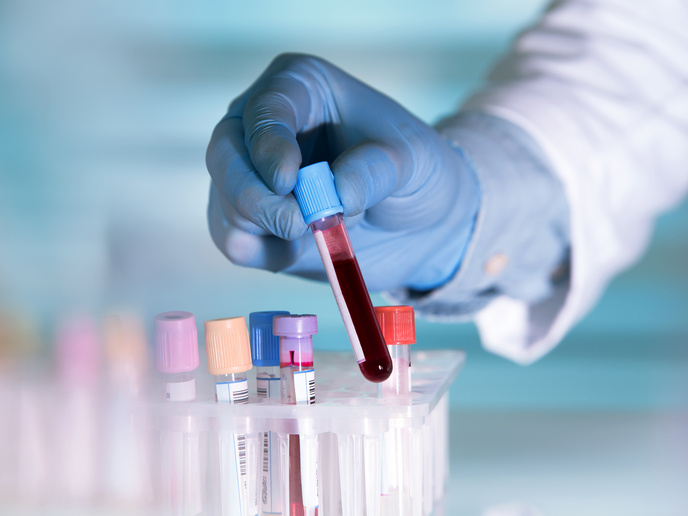New immunotherapy tools to fight cancer
Immunotherapy(opens in new window) medicines – which help the body’s immune system to find and attack specific cancer cells – have changed the way that this disease is treated. For many patients with advanced stage solid tumour cancer however, effective long-term treatment options are often no longer available. “Despite the clinical success of cancer immunotherapy, extending the treatment benefits to more patients remains a challenge,” says Akseli Hemminki, founder and CEO at biotech firm TILT Biotherapeutics(opens in new window), Finland.
Search and destroy
This is a challenge that TILT Biotherapeutics has been working on for a number of years. One key area of interest has been the development of what are called armed oncolytic viruses(opens in new window). These engineered viruses replicate only in cancer cells. By doing so, they modify the tumour microenvironment, restoring the ability of the body’s immune system to eliminate aberrant cells. One promising candidate in this field has been identified as TILT-123. Preclinical trials have shown that this engineered virus attracts T cells to tumours, and has its own antitumour effects. “There was a need to translate TILT-123 from preclinical to clinical development and generate an initial proof of concept,” explains UNLEASHAD project coordinator Aino Kalervo, chief business officer at TILT Biotherapeutics. “The goal of the UNLEASHAD project was therefore to help us get to the stage where our innovations could be privately funded and supported by collaborations with the pharmaceutical industry.” In practice, the project consisted of regulatory and clinical trial activities in Denmark, Finland and France. Approximately 20 patients with advanced cancer were enrolled in phase I clinical trials. “Phase I pilot testing with TILT-123 was carried out in metastatic melanoma and other solid tumours,” adds Hemminki. “Early data shows that the treatment is well-tolerated, has a biological effect on tumours, and could potentially increase the efficacy of immunotherapies. We think that the results very much support further clinical development, and the eventual commercialisation of TILT-123.”
Critical health issue
The success of the project represents another step forward in TILT Biotherapeutics’ objective of becoming a leading biotech company, and helps to push European R&D forward in this critical area of health. The ultimate aim is to provide better treatment options for cancer patients, including those with late-stage solid tumours. Initial patient data on TILT-123 will be further gathered and analysed. “Clinical development will be carried out in multiple countries in both Europe and the United States,” notes Hemminki. “We will also continue to work on product development with our industry collaborators, the Merck-Pfizer Alliance, Merck MSD, and Biotheus.” The company is also working on upscaling its manufacturing capacities, and is seeking to establish a global licensing agreement with a pharmaceutical company, with a view to commercialising TILT-123 within the next few years. “Our aim is to be competitive at the global level,” says Kalervo. “By doing so, we’ll be able to create more employment and business locally, both in Finland and across Europe. The UNLEASHAD project has definitely increased our visibility at an early development stage, and been highly valuable in helping us to bring forward the potential of our cancer-fighting innovation.”







